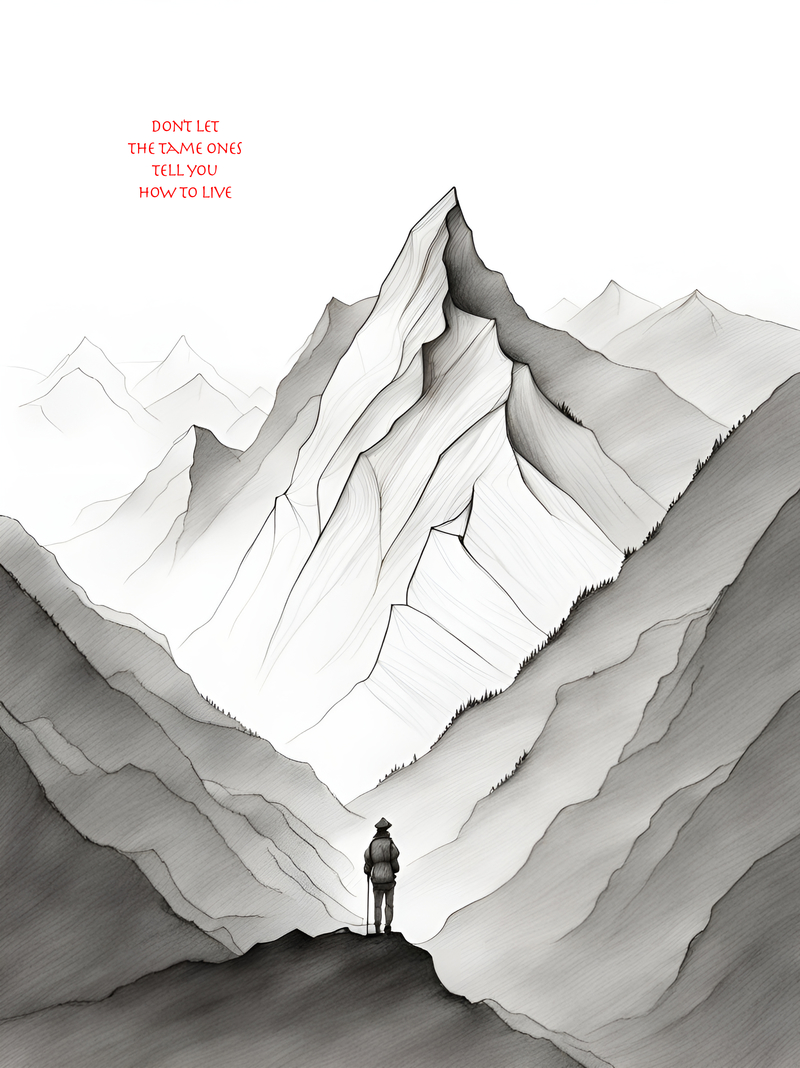“A wealth of information creates a poverty of attention.”
Herbert Simon, via Stillness is the Key (Page 30)
Beyond the Quote (280/365)
The vast majority of the information that we use to process the world comes in through our eyes. Next most is through our ears. It follows, then, that where our eyes are pointed will determine where the majority of the information that we’ll obtain will come from. If our eyes are pointed at another person, the majority of the information that we’ll end up taking in will come from what we see while looking at that person. And the same is true if our eyes are pointed at a screen, at the road while we’re driving, at a stranger passing us down the street, etc. Eyes communicate priority.
Before we continue, it’s important to make clear that we are wired to be single-task processing organisms. Multi-tasking is a myth. People who are really good at doing more than one thing “at-a-time” are really only good at doing one of two things: Either they are good at task-switching (going back and forth between tasks really fast) or they are really only doing one task that requires conscious focus while the others are subconscious efforts. Chewing gum doesn’t require any conscious focus—so you could easily chew gum and talk on the phone. That’s not what I’m talking about.
What I’m talking about is how the eyes signal priority when there are multiple tasks happening simultaneously that require conscious focus. Like, speaking to somebody in person and watching a video on a computer. Or, driving your car and replying to a text message. Or, browsing through the socials and eating dinner with a loved one. Where the eyes go, the mind follows. How could it not be the case? Visual information dominates the incoming load and quickly becomes the priority for processing. So, what does all of this mean?
It means, if you’re in a conversation with somebody who’s checking their phone, the conversation isn’t the priority. It also means, if you’re checking your phone while you’re talking to someone, you’re signaling to them that they aren’t as important as what’s happening on your phone. Use this to better understand other people’s priorities and use it to better understand (and become more mindful) of your own. Look people in the eyes. When they talk to you, put down the phone. Unless, of course, you’re trying to send them a different kind of signal.
In addition to helping your relationships, understanding this can also help you with your productivity. While doing work, whether it be school work, job work, art work, home work, gym work, personal development work, etc., do only that—focus exclusively on the task at hand. As in, get the bathroom and food breaks out of the way ahead of time. Close all of the internet tabs (and forbid yourself from browsing the web). Close the door to your office/ workspace. Turn off the TV. Clear your head of distracting thoughts. And probably most importantly, silence your handheld distraction device.
Why? Because as soon as you switch to a new task during your work, you will have lost all of the momentum you gained. It takes us time to get fully focused and immersed in a task. If you’ve ever had to write an essay, you understand. Starting is almost always awful—but, once you get started and gain some momentum, the process gets easier. By subjecting yourself to constant distractions you, in effect, are subjecting yourself to constant stops in your momentum. And you have to start over and over again after each distraction. Remember, a body in motion tends to stay in motion, so do everything in your power to prevent hold-ups, distractions, and stops. Because it’s also true that a body that’s distracted, tends to stay distracted.
And finally, and worth pointing out as well, when checking social media sites and e-mail, feel free to immerse yourself completely in that! As in, it’s okay to check in every now and again to your Facebook, Twitter, Pinterest, Snapchat, Whatever! I’m not saying that smart phones, TVs, and computers should be boycotted. But, they should be compartmentalized and used only when it’s convenient for you and when it fits in optimally to your day. When it’s time to talk, talk. When it’s time to work, work. And when it’s time to surf, go ahead and surf! But, when you’re trying to prioritize another person, drive your car, write, etc., turn off the cell phone notifications, turn off the ringer, and be all the way there. In that moment. With the task that your eyes are signaling is most important. You’d be surprised at how much of a difference this one little idea really can make.
Read Next: 47 Deep and Insightful Ryan Holiday Quotes from Stillness is the Key
NEW In The Shop: Don’t Let The Tame Ones Tell You How To Live [Poster]
Why We ♥ It: Some of the best advice I (Matt here) ever got was: don’t take life advice from people who aren’t living a life you want to live and don’t take criticism from people you wouldn’t go to for advice. I created this poster to act as a reminder to listen more closely to our role models and less closely to our critics, trolls, and tamed-comfort-zone-hugger acquaintances. It’s also a perfect gift for the outdoor adventurer, travel enthusiast, or solo explorer (or soon to be). Available in print or digital download. 👇🏼
...Want to advertise your book, product, or service? Send inquiries to matt@movemequotes.com.

Written by Matt Hogan
Founder of MoveMe Quotes. On a mission to help busy people do inner work—for better mental health; for healing; for personal growth. Find me on Twitter / IG / Medium. I also share daily insights here. 🌱
It has taken me 1,000’s of hours to build this free library for you. If it has helped you, you can support my continued effort here. ☕️
